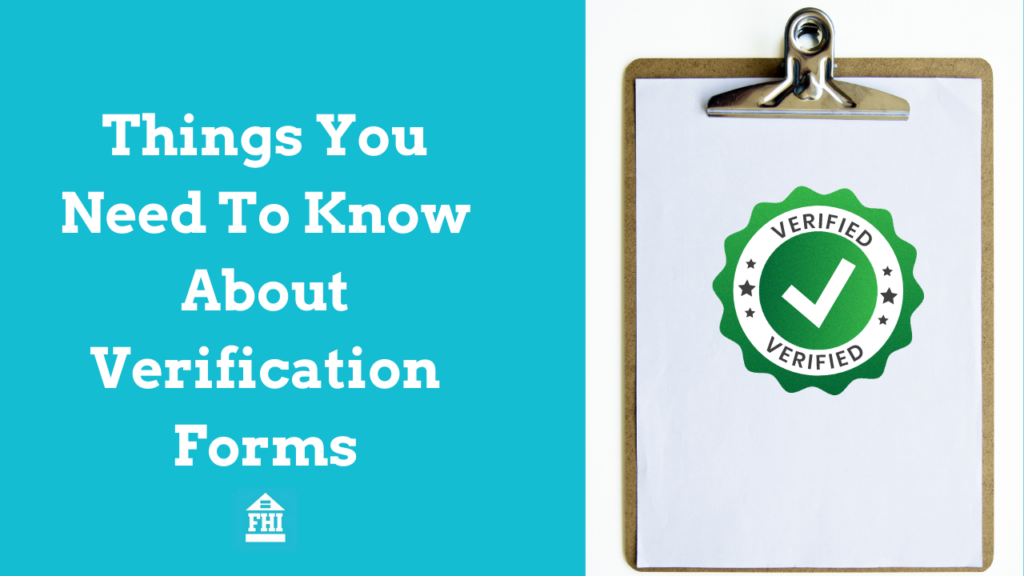What are verification forms, and why are they important? Are one-size-fits-all or generic forms a good idea? We sit down with Leslie Tucker, a fair housing attorney, and she shares some things you need to know about verification forms.

Estimated reading time: 4 minutes
Table of contents
Verification forms are an essential part of every property management office. But are they all created equally? What best practices need to be considered regarding certification forms and their content? This article will highlight the proper use of verification forms and share some tips to help you get the answers you need.
What are verification forms, and why are they used?
Verification forms are typically used after management receives a request for a reasonable accommodation or modification. They are used to verify if a resident is disabled under the definition of the Fair Housing Act and truly needs the requested accommodation or modification. In many cases, a disability may not be evident by just talking or looking at a person and requires a third-party verifier to request approval.
Does a community or property management company have to use verification forms?
The short answer is no. No rule says you have to use verification forms. However, it is recommended that you have an established process to handle these requests, including the use of a verification form.
Occasionally a resident may provide you with a letter from their verifier. If the letter contains all the pertinent information you require, then you wouldn’t need to proceed with a verification form.
What are some issues that can come up when processing verification forms?
One prevalent problem that we see is when a verifier’s qualifications or knowledge of the resident is questionable. In cases like this, we strongly recommend seeking the counsel of a fair housing attorney to determine the best course of action.
Another common problem is incomplete information being provided on a verification form or letter. In order to be considered for a reasonable accommodation or modification, a resident must provide proof of a disability as well as the disability-related need for the requested accommodation. If the documentation fails to provide this information, then you would need to reach out to the verifier for further clarification. Still, first you need to get permission from the resident—preferably in writing—to do so.
Tips or best practices for forms
Many properties employ the use of generic forms. While this is fine, they often lack targeted questions that can help when determining needs. For example, take a request that a resident has to remove the carpet in their unit due to allergies. A generic form would only ask for the basics like: “Is this person disabled?” and “Is the accommodation request related to the disability?”, making it very easy for a verifier to check a few boxes and move on. A customized form allows you to go into more detail and provide more specific information about the claim, such as asking if the resident has been tested for allergies, and if so, if any of those substances are located in their unit. Having this additional information can truly help when identifying a genuine need.
Another thing to keep in mind is your follow-up policy. If the resident files a complaint that their request was delayed, you will want to show that you followed up with them in a reasonable amount of time. Proper documentation of all conversations, including when they happened and what was discussed, will aid in this.
Verification forms – final takeaway
When properly prepared and utilized, verification forms will become a great asset to any property management company. Ensure that your office is up to date with its policies and procedures and, if possible, have specific forms for the many different requests we come across.
[fusebox_transcript]
You May Also Like:
